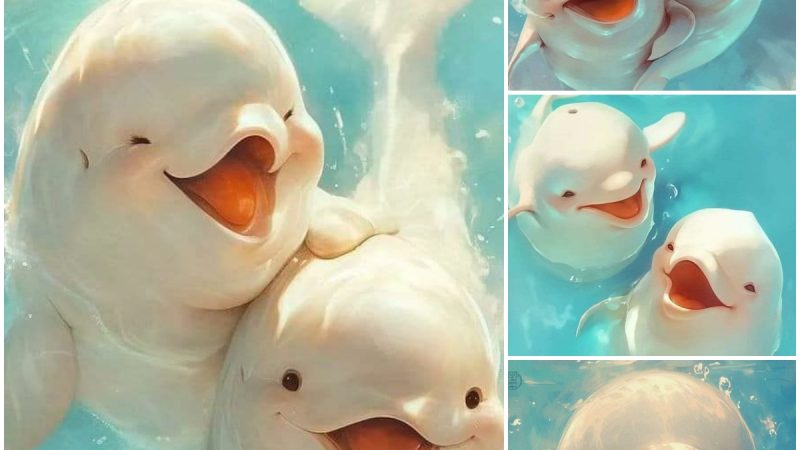Pantropical Spotted Dolphins: Their Role in Marine Ecosystems

Pantropical spotted dolphins (*Stenella attenuata*) are charismatic marine mammals found in tropical and subtropical waters around the world. Recognizable by their distinctive spotted patterns and sleek bodies, these dolphins play a crucial role in the health and dynamics of marine ecosystems.

One significant aspect of the pantropical spotted dolphins’ role in marine ecosystems is their position within the food web. As apex predators, they help regulate the populations of their prey species, which primarily consist of small fish and squid. By controlling the abundance of these prey species, pantropical spotted dolphins indirectly influence the entire marine food web, preventing the proliferation of certain species and maintaining the balance of the ecosystem.
Moreover, pantropical spotted dolphins contribute to nutrient cycling in the ocean. Like all marine mammals, they consume prey from the ocean, metabolize nutrients, and excrete waste back into the water. These nutrients can then be utilized by phytoplankton and other marine organisms, supporting primary productivity and contributing to the overall health of the ecosystem. In this way, pantropical spotted dolphins act as ecosystem engineers, facilitating nutrient transfer and cycling within marine environments

Beyond their ecological functions, pantropical spotted dolphins also serve as indicators of ecosystem health. As highly mobile animals, they are sensitive to changes in their environment, including fluctuations in water temperature, pollution levels, and prey availability. Monitoring the population trends and behaviors of pantropical spotted dolphins can provide valuable insights into the state of marine ecosystems and help identify potential threats or disturbances.
Conservation efforts aimed at protecting pantropical spotted dolphins are therefore not only important for the species itself but also for the broader marine ecosystem. Measures such as habitat preservation, fisheries management, and reducing human impacts such as pollution and boat traffic can help ensure the continued presence of these dolphins and maintain the balance of marine ecosystems they contribute to.


In conclusion, pantropical spotted dolphins play a multifaceted role in marine ecosystems, from regulating prey populations to facilitating nutrient cycling and serving as indicators of ecosystem health. Recognizing and understanding the significance of these dolphins underscores the importance of conservation efforts aimed at preserving not only this species but also the delicate balance of life in the world’s oceans.



